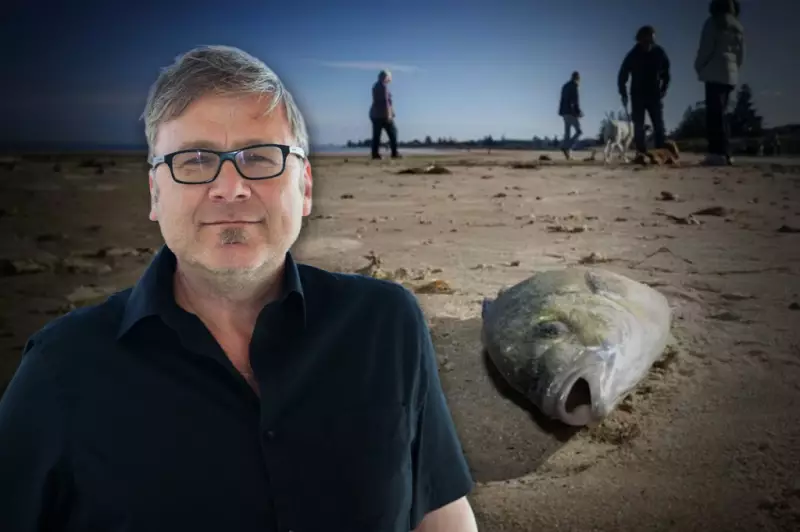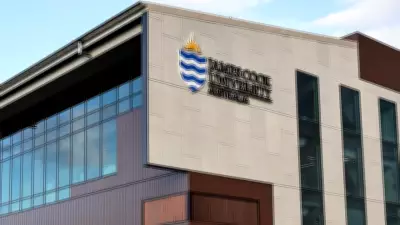
Flinders University has terminated the employment of a leading algal bloom expert during one of Australia's most severe freshwater crises, raising serious questions about the prioritisation of environmental science during critical ecological emergencies.
The Expertise Lost
Dr. Anas Ghadouani, a globally recognised authority on algal blooms and water quality management, was unexpectedly dismissed from his position at Flinders University. The termination occurred while the Murray-Darling Basin experienced one of its most significant algal bloom outbreaks in recent history.
The timing couldn't be worse for Australian water management, with communities along the river system facing unprecedented environmental challenges. Dr. Ghadouani had been instrumental in developing early warning systems for algal blooms and had extensive knowledge about managing these potentially toxic events in freshwater systems.
The Real Cost of Losing Expertise
Environmental scientists and water management experts have expressed deep concern about the implications of losing such specialised knowledge during an active crisis. Algal blooms pose significant risks to aquatic ecosystems, livestock, and human health, with some varieties producing toxins that can contaminate drinking water supplies.
The Murray-Darling Basin supports approximately 2.4 million people across multiple states and territories, making effective water management crucial for both economic stability and public health. The loss of Dr. Ghadouani's expertise represents a significant blow to Australia's capacity to respond to complex water quality issues.
Academic colleagues have highlighted the broader implications for environmental science funding and job security. When institutions cut specialist positions during crises, it undermines the very expertise needed to develop sustainable solutions to complex ecological problems.
Broader Implications for Environmental Science
This situation reflects a troubling pattern where environmental expertise becomes most vulnerable precisely when it's needed most. The termination raises questions about how Australia values and retains scientific talent during environmental emergencies.
Universities face increasing financial pressures that sometimes lead to cutting specialised positions, even when those experts provide critical knowledge for managing national environmental challenges. The decision highlights the tension between institutional budgets and national environmental security.
Water management experts warn that without sustained investment in specialised environmental science, Australia risks being unprepared for future ecological crises. Climate change is expected to increase the frequency and intensity of algal blooms, making expert knowledge more valuable than ever.
The termination of Dr. Ghadouani serves as a stark reminder of the fragile state of environmental expertise in Australia and the real-world consequences when scientific knowledge is lost during critical moments.





